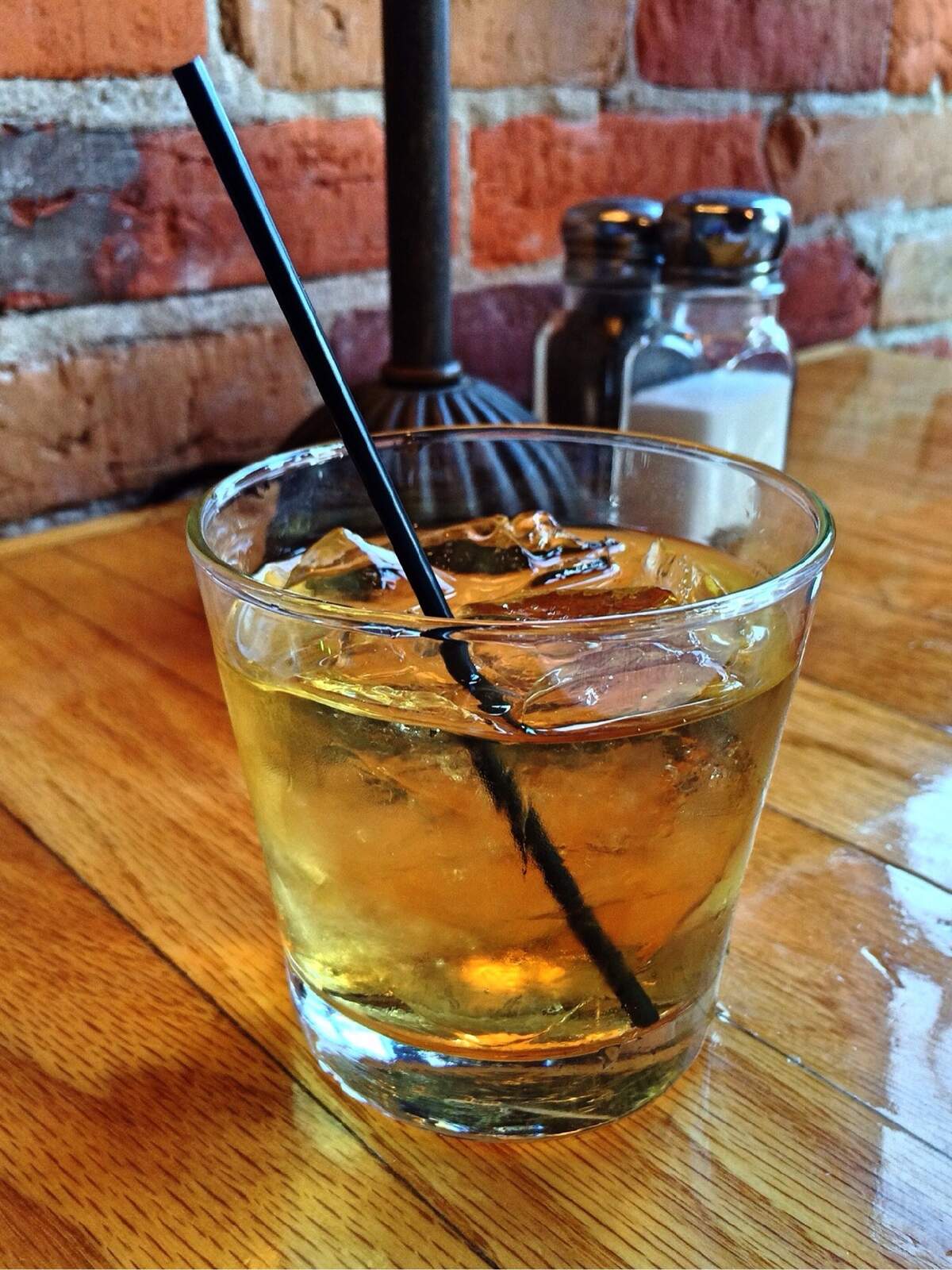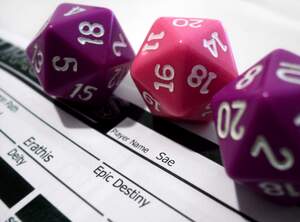

National Scotch Day
Observed
annually on July 27th
Dates
Tags
Drugs & Alcohol
Food & Drink
Hashtags
Sources
https://www.forbes.com/sites/hudsonlindenberger/2021/07/27/celebrate-national-scotch-day-2021-with-these-fine-whiskies/?sh=75cf7ec36b9f
https://www.anrdoezrs.net/links/100298379/type/dlg/https://www.newspapers.com/image/280161164/
https://www.anrdoezrs.net/links/100298379/type/dlg/https://www.newspapers.com/image/607929624/
https://www.scotch-whisky.org.uk/discover/story-of-scotch/
https://www.thrillist.com/culture/scotch-facts-everything-you-need-to-know-about-scotch
Although Scottish folklore places it back in the twelfth century, being distilled by monks who used techniques they learned from their Irish neighbors, Scotch—celebrated today with National Scotch Day—was first recorded in 1495 when the distillation of whisky was entered into the Exchequer Rolls, the tax records of Scotland. John Cor, a friar at Lindores Abbey in the Kingdom of Fife, was listed as the distiller, and the entry said: "Eight bolls of malt to Friar John Cor wherewith to make aqua vitae." Aqua vitae is Latin for "water of life," and eight bolls of malt is enough to make 1,500 bottles of Scotch.
The new Scotch whisky spread around the country, and distinct flavors and tastes emerged in each region and island. After the first taxes were placed on Scotch in 1644, illicit distilling and smuggling became commonplace. Smuggling diminished after The Excise Act was passed in 1823, which imposed a $10 license fee in exchange for permission to distill whisky and also set payment per gallon. When Aeneas Coffey invented the still in 1831, it allowed for the process of continuous distillation and for the production of grain whisky. The lighter grain whisky could be blended with the more robust malts, giving Scotch wider appeal. Scotch traveled to other parts of the world in the nineteenth century, to the British Empire, and to America, where it aided in the creation of Bourbon. Its spread was aided in the 1880s by the phylloxera beetle's destruction of French vineyards, which moved consumers away from wine and brandy and towards Scotch.
Scotch was defined by law in the United Kingdom for the first time in 1933, the Scotch Whisky Act was passed in 1988, and the new Scotch Whisky Regulations came in 2009. In order to be Scotch, the whisky must be produced in Scotland and be at least 40% alcohol by volume. It must be made from wheat, barley, or rye or a mixture of them, and be aged in oak barrels for at least three years. These can be old or new barrels or barrels that previously held bourbon, sherry, or another drink. Scotch whisky is always spelled as whisky, not whiskey.
Single malt Scotch is made from malted barley and produced at one distillery. It can include whisky from different barrels, but they must all be from the same distillery. Blended scotch comes from more than one distillery, and it doesn't have to be just from malted barley—it can be made from grain whiskies like wheat and rye. They are, aptly, blended together. Ninety percent of Scotch is consumed blended, and 90% of single malt produced is used in blended Scotch. While Scotch can be imbibed neat or on the rocks, blended Scotch whisky has a balanced flavor and is also used in many cocktails, such as the Rusty Nail, Rob Roy, Godfather, Blood and Sand, and Penicillin. Given this, there are numerous ways Scotch can be enjoyed on National Scotch Day!
How to Observe National Scotch Day
- Have a dram of Scotch neat or on the rocks.
- Have a cocktail or two made with Scotch, such as a Rusty Nail, Penicillin, Rob Roy, Godfather, Blood and Sand, or Old Fashioned.
- Watch Scotch: A Golden Dream.
- Learn more about Scotch from the Scotch Whisky Association.
- Read a book about Scotch such as Scotch: A Complete Introduction to Scotland's Whiskies or Whiskypedia: A Compendium of Scotch Whisky.





















